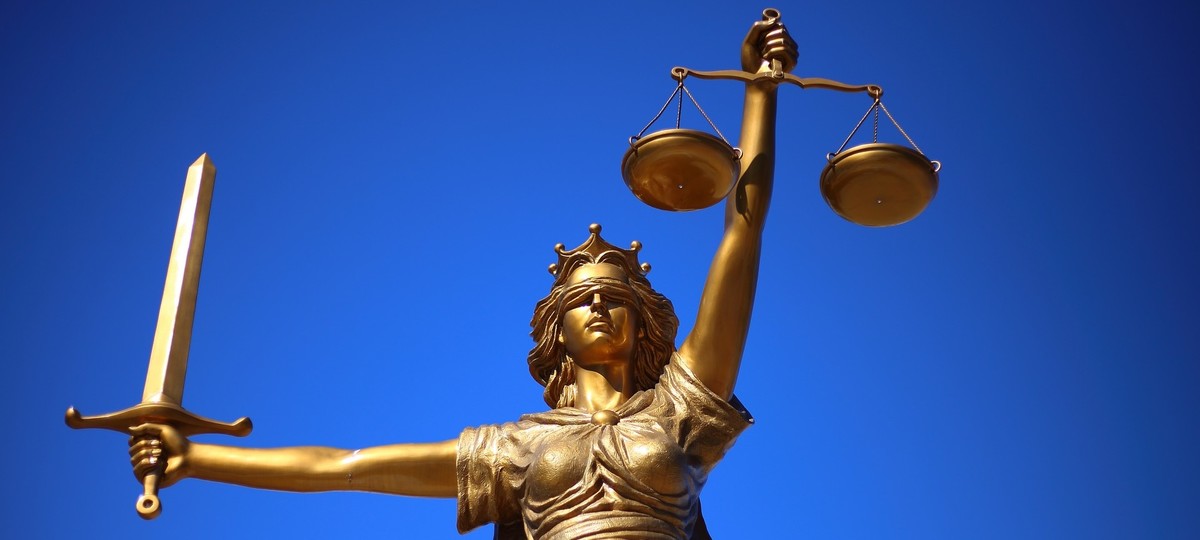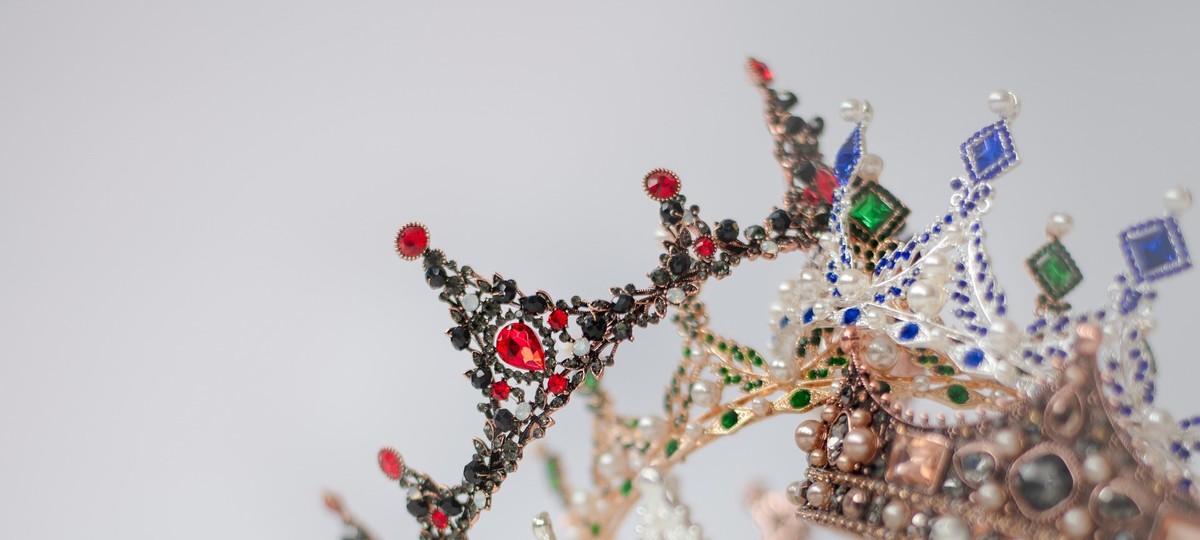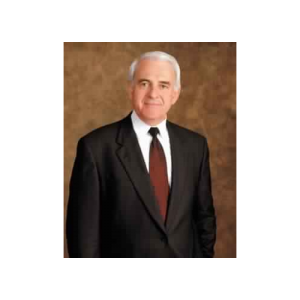Rainbows Behind the Virus Crisis
Browse MoreDescription
Milan is the V-8 engine of Italy’s economy. Known as an industrial and financial powerhouse, Milan is also famous for its foul air. Now the city and its region, Lombardy, have become the epicenter of Europe’s coronavirus pandemic. To stop the virus’ spread, factories, offices, restaurants and bars are closed. People are ordered to stay at home. The traffic is gone.
And the air is much cleaner. Satellites report a dramatic drop in the region’s air pollution. Since the lockdown started on March 9, the levels of nitrogen oxide in northern Italy have plunged dramatically. NO2 is a toxic gas that can cause inflammation of the body’s air passages. Clean air has been a bright spot in the region’s immense suffering.
Earlier, when China closed down its industry and told residents in the infected areas to shelter in place, the satellites noted a large drop-off in China’s air pollution. Once the virus was contained and China restarted economic activity, pollution picked up.
This is not, of course, a call to freeze the American economy until the U.S. totally wipes out the coronavirus. Business must resume at some point, though let’s pray that our political leaders have the wisdom to retain the ban on large human gatherings until this horrid microbe is under control.
This is merely a call for the world’s industrialized peoples to breathe deeply and think: Clean air is kind of nice. Smog, the kind of air pollution you see and smell, also causes lung disease. And a byproduct of cleaning the air is a lowering of planet-warming gas emissions. Climate change will remain an existential threat long after the coronavirus is tamed.
Perhaps this direct experience — easier to comprehend than the scientists’ complicated models — will build support for a faster move to clean energy. My editor, Alissa Stevens, in notoriously smoggy Los Angeles says, “Skies are clearer than we’ve ever seen.” The city was recently treated to a double rainbow over the Pacific Ocean, visible end to end. Everyone understands that.
The coronavirus has shuttered Venice, Italy. The massive waves of tourists are gone. No day-trippers. No gigantic cruise ships. The remaining Venetians have been ordered indoors.
But for some populations in Venice, social gatherings are booming. Shoals of tiny fish have returned to the canals. The daily flotilla of boats that churned up waves, making the water muddy, has been stilled. The canals are now hosting crabs and new plant life. Large water birds can be seen diving for fish, and ducks are leaving eggs.
Though tourism is Venice’s economic lifeblood, not everyone there is totally unhappy with the quiet. There’s been a growing movement in recent years to curb the city’s overwhelming tourist numbers (20 million a year!) and restore some serenity to “La Serenissima.”
Bad air can add to a virus’ death toll. Researchers in China and the U.S. looked at mortality during the earlier outbreak of the SARS virus. They found that patients in areas with heavy pollution were twice as likely to die from the virus as those living under clearer skies.
Cai Xue’en, a delegate of China’s National People’s Congress, told Bloomberg News that in the wake of the coronavirus epidemic, “I think environmental protection will rank even higher for both the central and local governments.”
No, we don’t want a return to the pre-industrial age. Those who argue that an economy in deep recession, or even depression, is also bad for people’s health have a point. But reduced pollution gives us a window into what we could experience daily were the environment cleaner. Sure, that may involve economic tradeoffs, but some would be worth making for a life more in tune with the Creation.
Follow Froma Harrop on Twitter @FromaHarrop. She can be reached at fharrop@gmail.com.To find out more about Froma Harrop and read features by other Creators writers and cartoonists, visit the Creators webpage at www.creators.com.







Reviews
There are no reviews yet.